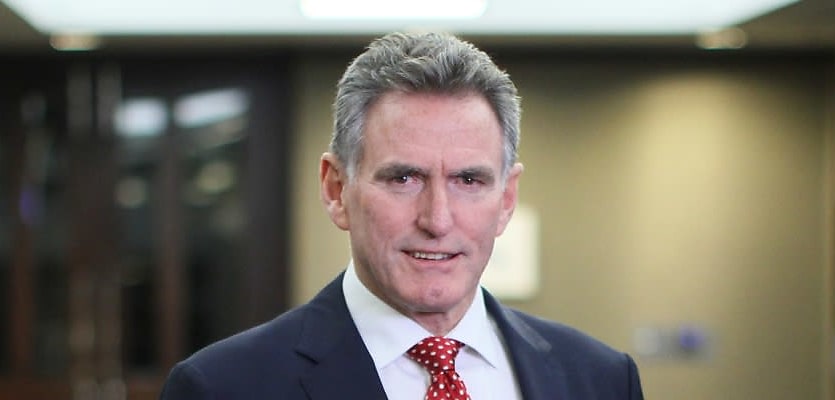Ross McEwan, the chief executive at the big four bank, stressed the importance of increasing supply at a recent parliamentary hearing.
Speaking at the House of Representatives Standing Committee on Economics on Wednesday (12 July), Mr McEwan stressed Australia desperately needs “urgent action to address the chronic undersupply of housing.”
At a time when property prices’ rising momentum seems impossible to stop, with national home values climbing in recent months even in the face of rising interest rates and other strong economic headwinds, Mr McEwan explained “without more supply, demand will inevitably push up prices further.”
According to the results of the big four’s Residential Property Survey, the most effective methods of reducing Australia’s housing shortage which, according to research from the National Housing Finance and Investment Corporation (NHFIC) will be around 100,000 over the next five years, would be “fast-tracking planning permissions and development.”
In October last year, the Queensland government, who oversee one of the nation’s most acute housing shortages, introduced legislative amendments to streamline planning approvals. However, these schemes were geared towards community housing providers.
It is Mr McEwan’s view that “a coordinated effort by state and territory governments to introduce faster, simpler, and more consistent processes for approving land development and residential construction will lift supply.”
Earlier this month, the latest ANZ/Property Council Survey of 744 property professionals over the June quarter revealed nearly half (48 per cent) viewed housing supply and affordability are the most critical issues facing the federal government – a record high.
In a similar vein, Tim McKibbin, chief executive officer of the Real Estate Institute of New South Wales (REINSW) explained the problem of supply is “getting bigger. And year on year, the queues down the street to acquire the available property are getting longer.”
Another national property necessity is an increase in social and affordable housing. Listing the stakeholders as key to improving the national social housing stock, Mr McEwan said “the finance sector, all levels of government, and developers have a role to play here.”
He announced NAB’s desire to assist these efforts, revealing the big four bank has “made available a further $6 billion for affordable and specialist housing by 2029.”
Moving away from the national housing supply crisis, Mr McEwan said the global rebound from the arduous COVID-19 pandemic “did not last as long as we wanted.”
As a result, “households and economies globally are now grappling with inflation that has triggered rapid increases in interest rates and applied pressure on households and businesses.”
Even with the Reserve Bank of Australia’s (RBA) decision to hold the cash rate at its July board meeting, ensuring the figure remained at 4.10 per cent, Australian households have had to grappled with a 4 per cent increase to the cash rate since last May, a factor which has compounded the financial pressures facing many borrowers.
However, even with the swift increase to the cash rate, Mr McEwan insisted Australia “remains well placed relative to the rest of the world” when it comes to dealing with the soaring inflation that inspired the rising cash rate.
According to the bank’s own Wellbeing survey, financial stress among Australians is growing with “one in four feeling worse off financially than a year ago,” according to Mr McEwan.
He explained borrowers “are proving resilient,” adding that many are “adapting and making considered changes to where they spend.”
Since the rate hiking cycle began last May, NAB has contacted over half a million customers to “see how they’re doing,” he said.
“This includes 8,600 home loan customers who we thought were most at risk. But after checking in with them, surprisingly only 14 wanted immediate help.”
Mr McEwan added that while the number of Australians in financial hardship is growing, the figures remain “below pre-COVID levels.”
“We expect more pressure to come on households in the form of one or two more moves by the RBA to tackle persistent inflation,” he concluded.




You are not authorised to post comments.
Comments will undergo moderation before they get published.